
Audio By Carbonatix
For about five years now, farmers at Sakote in the Nabdam District of the Upper East Region, have been losing their farmlands to the invasion of elephants.
The elephants often invade the area during the rainy seasons, destroy farms by consuming the crops or turning the farmlands into ponds where they drink water and lie down to cool off.
The people of the area believe that these elephants often migrate from neighbouring Togo in search of food and water.
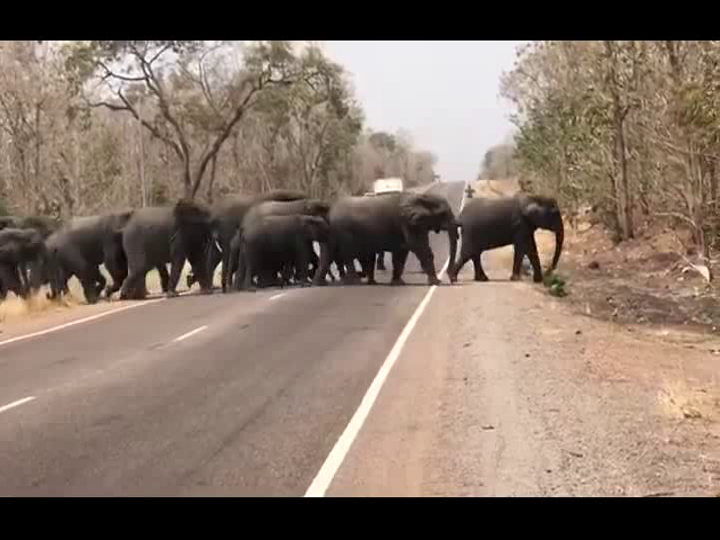
There is an area between Sakote and Tilli in the Bawku West district, which is part of the Eastern Wildlife Corridor, but this area has never been known for the existence of elephants.
However, for about 5 years now, herds of elephants have been sighted from time to time, often from the onset of the rainy season to the harvesting period.
The marauding wild animals cause trauma to farmers in the area by grazing on their crops. Food crops such as millet, sorghum, maize, potatoes and groundnuts are all consumed.
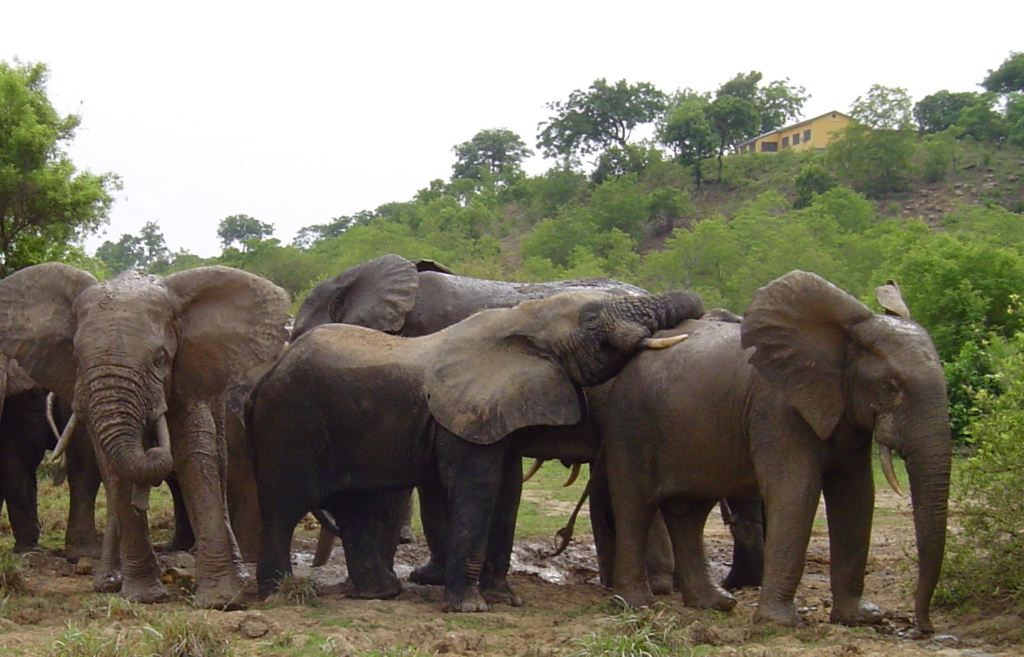
They also destroy rice farms by turning them into swamps where they play to keep their bodies cool.
The elephants also push down shea nut trees to consume the fruits, leaving the plantations depleted and the farmers often left devastated, as they look on helplessly from safe distances.
Last year’s farming season was no exception.
“For the past three years, we have not enjoyed the [government’s] planting for food and jobs [program] because when we grow crops, these elephants come and chop everything”, Bob Kurugbil, one of the farmers, lamented.
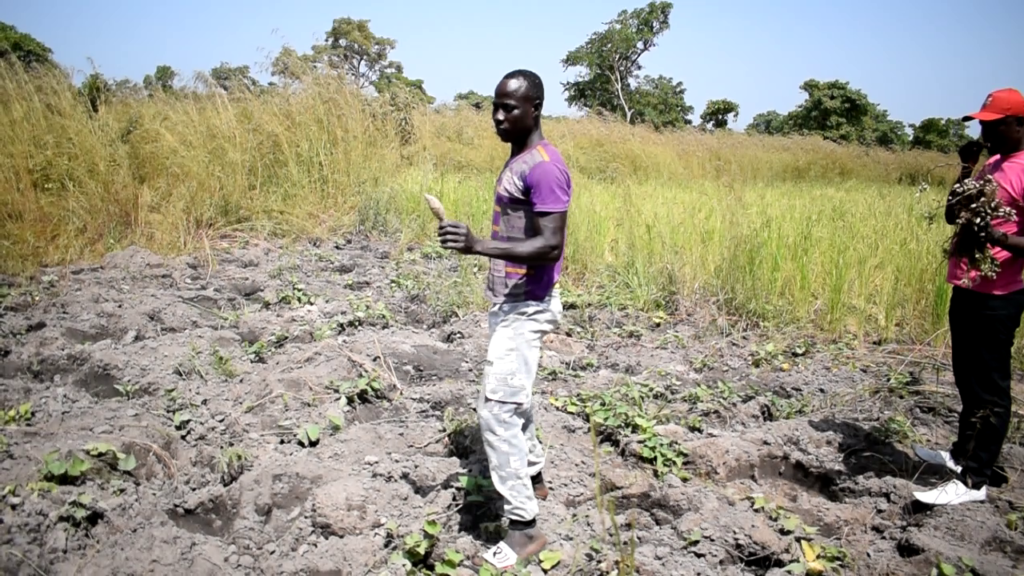
To help avert the problem in this farming season, the Member of Parliament for the Nabdam Constituency, Dr Mark Kurt Nawaane, has collaborated with the Wildlife Division of the Forestry Commission to organize a one–day forum on Human-Wildlife Conflict Management for the farmers in the area.
Wildlife Division officials educated the farmers on what they should do to scare away the elephants anytime they come into their farms.
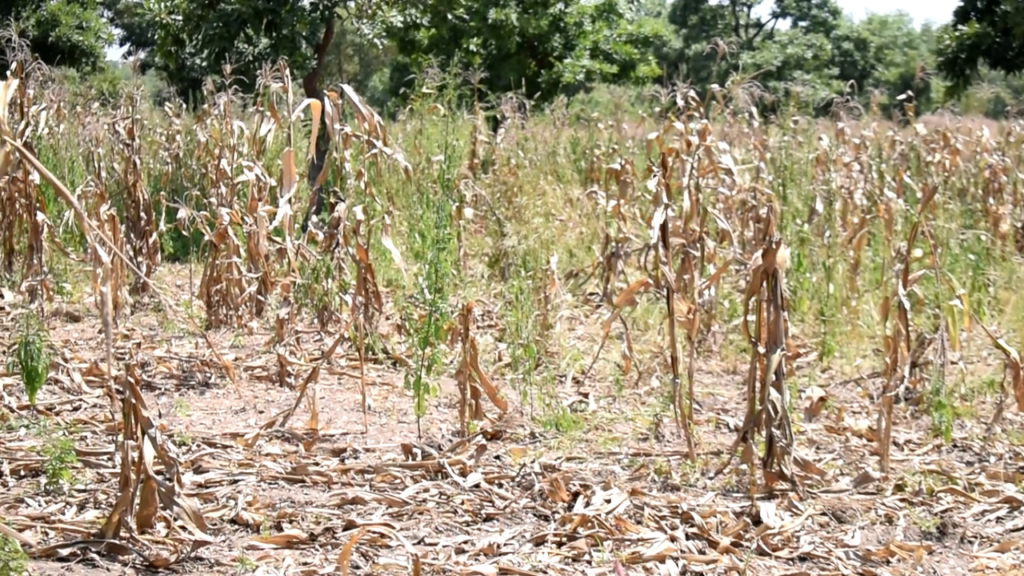
The Upper East Regional Manager of the Wildlife Division of the Forestry Commission, Joseph Binlinla, advised the farmers to desist from going into forests reserves to cultivate crops, as that would mean exposing their potential harvests to migrating elephants.
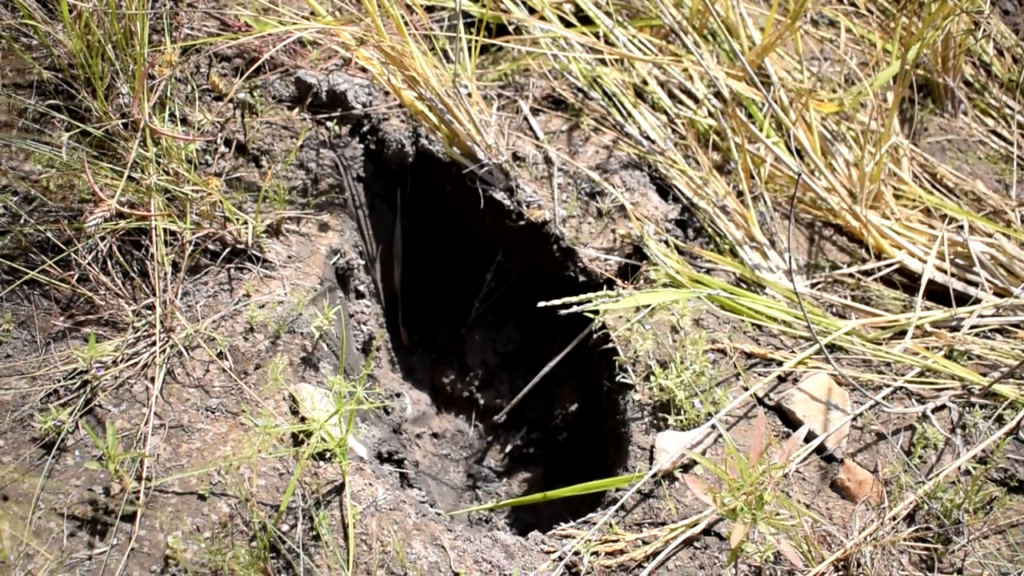
“Some the people go into the [forest] reserves and cultivate their crops there, which exposes the farms to the elephants”, he said.
However, this assertion was disputed by some of the farmers who said that the elephants also destroy farms around the residential areas, and the owners of such farms have often looked on because the government is against the hunting of elephants.
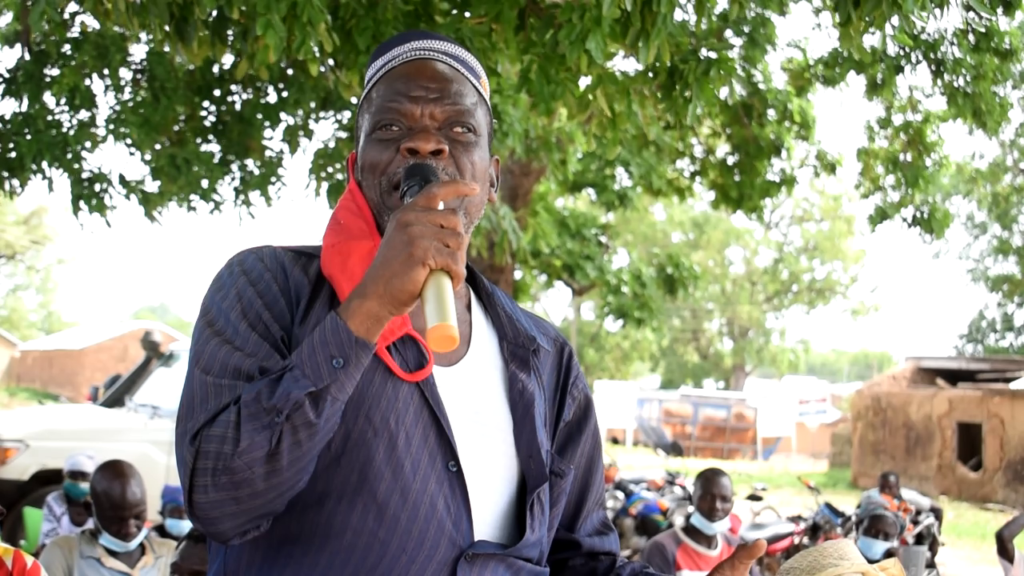
“If the government does not protect us by doing something about these animals, we will start protecting ourselves because as law-abiding citizens, we have obeyed the government and we don’t hunt the elephants, but now, the elephants are causing serious problems for us, and we cannot allow them”, a distraught farmer complained during the forum.
Wildlife officials also educated the farmers that maintaining their presence on the farmers and making noises can scare away the elephants.
“The elephant, no matter how huge it is, is still scared of the human being. So, if you are on your farm and the elephant is coming and picks your scent, it will divert its course”, Joseph Binlinla said.

“You can also make some disturbing noises by hanging metallic objects that bang against each other on your farm. When the elephants hear such noises, they will divert course and go to another place”, Bilinla added.
The Member of Parliament for Nabdam, Dr Mark Kurt Nawaane, said he was worried about the number of food farmers were losing due to the invasion of the elephants.
He was, however, hopeful that the intervention by the Wildlife Division of the Forestry Commission will prevent a similar occurrence this year.
“The people of Sakote are not happy, but they understand that it is not the interest of the Wildlife Division for the elephants to invade their land.
"In fact, they [Wildlife Division] are not happy to see the elephants invade the Sakote land, so they will do everything possible to get the elephants back to the bush”, Nawaane said.

The farmers of Sakote want government to also support them with some logistics that would help them scare away the elephants from their farms.
Douglas Tohugtoh, the Assemblyman for Kotintaabig, one of the communities under Sakote, said, “They have only educated us, but there is no support directly. So, our people are angry, and they are saying that they cannot be in their homes and elephants will leave the forest reserves and come to their farms, eat all their crops, and die of hunger. So, the government has to support us with the necessary logistics to keep the elephants away”.
Chances are if government fails to find a way to help the people Sakote to permanently keep the elephants away from their lands, some of the farmers could begin to hunt the elephants out of frustration.
Latest Stories
-
Uproar as UG fees skyrocket by over 25% for 2025/2026 academic year
45 minutes -
Japan PM joins fight for more female toilets in parliament
2 hours -
Ga Mantse declares war on fishing industry child labour
2 hours -
Adom FM’s ‘Strictly Highlife’ lights up La Palm with rhythm and nostalgia in unforgettable experience
3 hours -
OMCs slash fuel prices as cedi gains
4 hours -
Around 40 dead in Swiss ski resort bar fire, police say
5 hours -
AFCON 2025: Aubameyang and Nsue make history among oldest goalscorers
6 hours -
AFCON 2025: How Kwesi Appiah’s Sudan qualified for round of 16 without scoring any goal
7 hours -
Ghana is rising again – Mahama declares
7 hours -
Firefighters subdue blaze at Accra’s Tudu, officials warn of busy fire season ahead
8 hours -
Luv FM’s Family Party In The Park ends in grand style at Rattray park
8 hours -
Mahama targets digital schools, universal healthcare, and food self-sufficiency in 2026
8 hours -
Ghana’s global image boosted by our world-acclaimed reset agenda – Mahama
8 hours -
Full text: Mahama’s New Year message to the nation
8 hours -
The foundation is laid; now we accelerate and expand in 2026 – Mahama
8 hours

